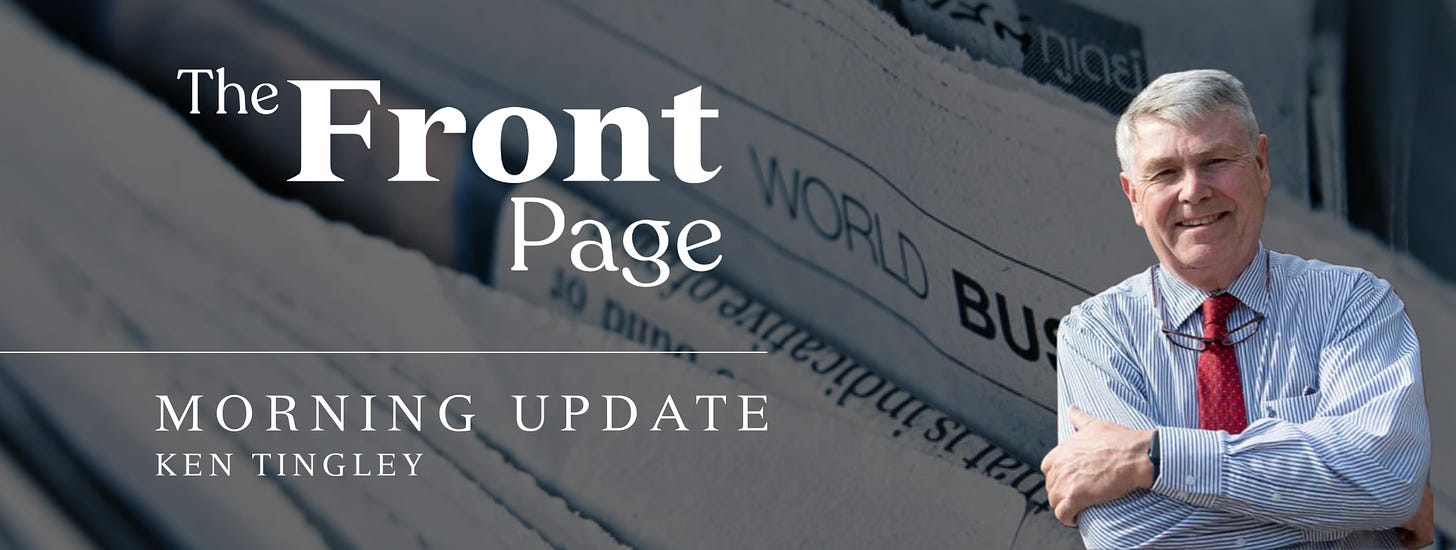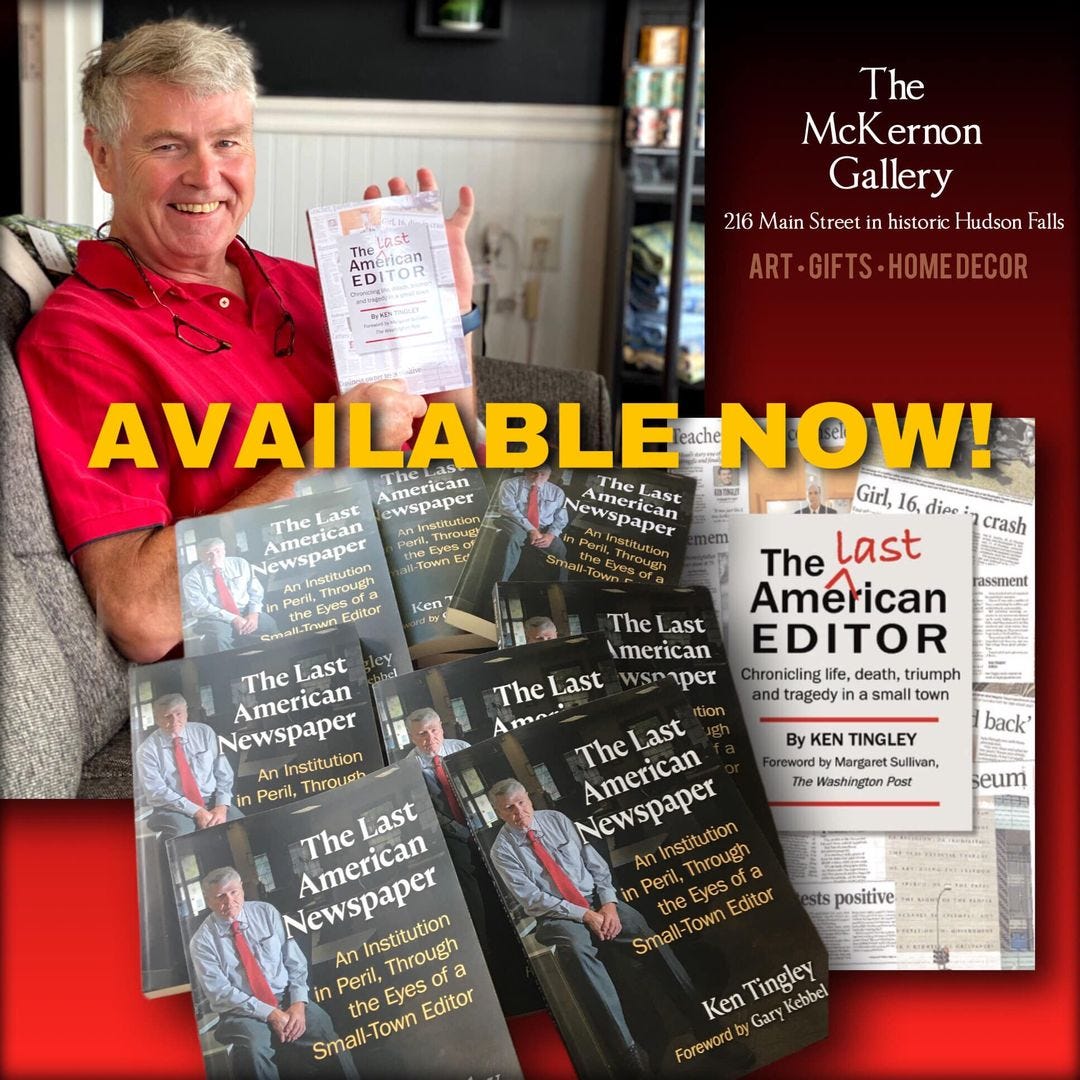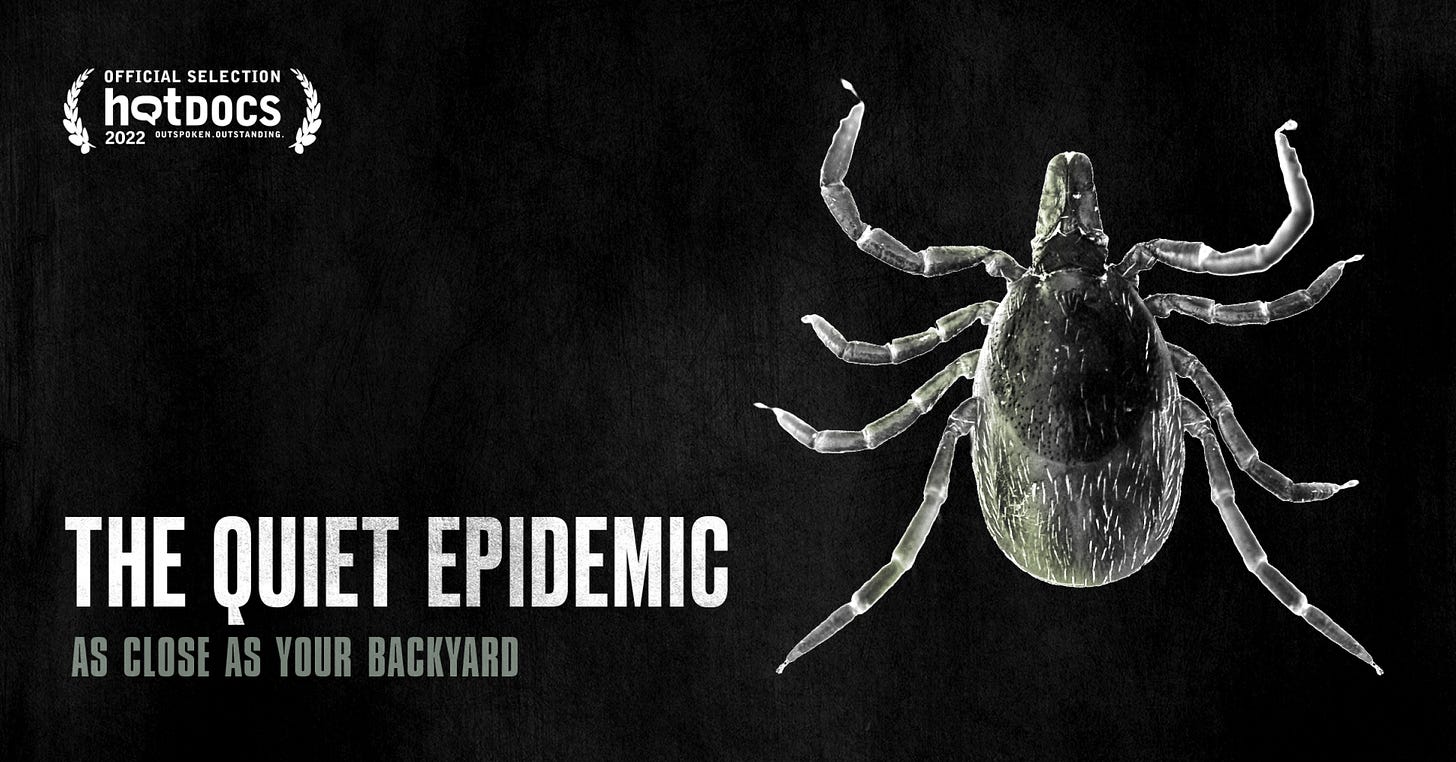`Political overconfidence’ is killing us
Lyme Disease documentary set for Adirondack Film Festival
By Ken Tingley
It’s look-in-the-mirror time as Election Day approaches.
The vast majority of you probably already know who you are voting for and why. Many of you would be happy to list the reasons why your choices are the best for your community. With all the information at your disposal, you’ve become an expert.
But recent research suggests most of us know far less about politics than we thought. And when factual inaccuracies are pointed out to us, we are skeptical and sometimes unyielding.
Ian Anson, a professor of political science at the University of Maryland -Baltimore County published his research on “political overconfidence” recently.
Anson asked volunteers a series of basic questions about American politics. Some questions were simple like: Which party controls the House of Representatives? Others were more difficult like: Who is the Secretary of Energy?
Then Anson asked them how they thought they did on the quiz.
Many respondents who thought they did really well on the quiz actually scored the worst and were surprised most others had done better. Of the 1,209 people who participated, around 70 percent were “overconfident” about their knowledge of politics.
Anson concluded that “political overconfidence” made people more defensive of factually wrong beliefs. And he found those who considered themselves “political experts” were quick to dismiss the guidance of real experts.
“The result is a breakdown in the ability to learn from one another about political issues and events,” Anson wrote.
That seems to be exactly what we are going through today as a culture.
Part of Anson’s research included showing the volunteers a series of statements of common political falsehoods in hopes they would learn from them. For example, one statement explained that while most people believe Social Security will soon run out of money, the reality is less dire than it seems.
But even when presented with this information, the “overconfident” volunteers remained inflexible about their beliefs because they still believed they were “political experts.” But for those who were told how poorly they did on their quiz, the “reality check” made them far less confident about their beliefs in future interviews.
Those that did not receive the “reality check” were more stubborn about their beliefs.
Anson concluded the research shows “political overconfidence stands in the way of many Americans’ ability to accurately perceive political reality.”
Anson pointed out that social media companies are looking for ways to emphasize humility and self-correction during political discourse. For instance, Twitter recently added a pop-up message urging people to “read before tweeting,” a sad indictment of our culture but apparently a necessary message.
Anson wondered if “a gentle reminder to avoid posting bold claims without evidence” might be another way for social media companies to address the problem.
It’s probably worth a try.
When I was editor of my newspaper, I often responded to readers about factual inaccuracies in their letters. Most believed I was showing bias, but when I asked them to provide a factual source, most did not respond.
Maybe more importantly, the study is a good reminder that none of us know quite as much as we think we do.
Tune in Tonight
Capital Tonight is an Albany-based news show on Spectrum hosted by veteran journalist Susan Arbetter.
Many of you are probably familiar with the daily 7 p.m. show and Arbetter’s work covering politics.
I will be a guest on her show Wednesday night to talk about newspapers and my new book “The Last American Newspaper.”
I hope you get a chance to tune in.
Another review
Just heard from another reader who had just finished reading “The Last American Newspaper.”
“An excellent read, a gripping, poignant chronicle of the importance of our great newspapers, our terribly important source of information steeped in honest, factual reporting. Their demise is a great loss for all of us,” Tom Philo wrote.
Both my books are available locally at Ace Hardware in Queensbury, The Chapman Museum in Glens Falls, McKernon Gallery in Hudson Falls and Battenkill Books in Cambridge.
Addressing Lyme Disease
Reminder that tickets are now on sale now for the Adirondack Film Festival on Oct. 13-15.
This is an opportunity to see a wide variety of films from music videos, to documentaries, to shorts and new feature films. It’s a chance to experience something different with other film fans. It is also a chance to meet some of the people who make the movies.
The highlight for me will be hosting a panel discussion about Lyme Disease after the showing of the documentary “The Quiet Epidemic” on Friday at 2:30 p.m. at Crandall Library.
Directors Lindsey Keys, Winslow Crane-Murdoch and SUNY Adirondack microbiologist Holy Ahern will be on the panel to discuss the film and Lyme Disease. Keys is a Salem native and Crane-Murdoch grew up Tamarac. The two of worked together on the film in its formative stages in Queensbury while recovering from Lyme Disease. Showing the film at the Adirondack Film Festival brings it full circle.








The founders had a trust that the vast majority of people who reached a place of prominence would hold the concept of honor in high regard, that they could be trusted to tell the truth, to honor an oath, and that the public would reject representatives, the people in the best position to know and convey details of policy if they were proven to misrepresent the truth. It is strange that so many who claim incorrectly that we are a Christian nation would accept representatives who bear false witness. Good news for them whole networks of news sources have developed to feed misinformation to them. Now they can feel like they are being truthful as they bear false witness. Zarathustra considered this about 3,000 years ago. He developed a religious practice based in Asha (order) vs Druj (deception), truth vs lie (anti-creation). The practice was simple “good thoughts, good words, good deeds.” We certainly see plenty of political figures who do not conform to Zoroastrian norms, Asha, and benefit through the practice of Druj, deception.
In the past year or so I have become more and more aware of the "Dunning-Kruger effect."
All of us, to a greater or lesser extent, and differently in different areas of knowledge, have a tendency to over-rate our abilities. I think it's a rare skill to learn to distinguish what we know thoroughly from what we know only somewhat.
Psychology Today has a good description:
https://www.psychologytoday.com/us/basics/dunning-kruger-effect
Plus, there are many many YouTube videos explaining this.
I have an additional question I like to ask people. Only thoughtful people, you know. Reactive people get upset. Here's my additional question:
When you find that your thinking has not been quite correct, but needs some adjustment, do you feel good that you have found a better way, or bad that you have been wrong for so long?
And, a corollary: If your thinking deals, somehow, with your sense of who you are, and of the social group(s) you identify with, how do you peel yourself away from that old sense of self, that old peer group, and establish a new way? Can you live as a (possibly despised) outsider?
How free are you to think and get good, grounded answers?
How resilient are you?